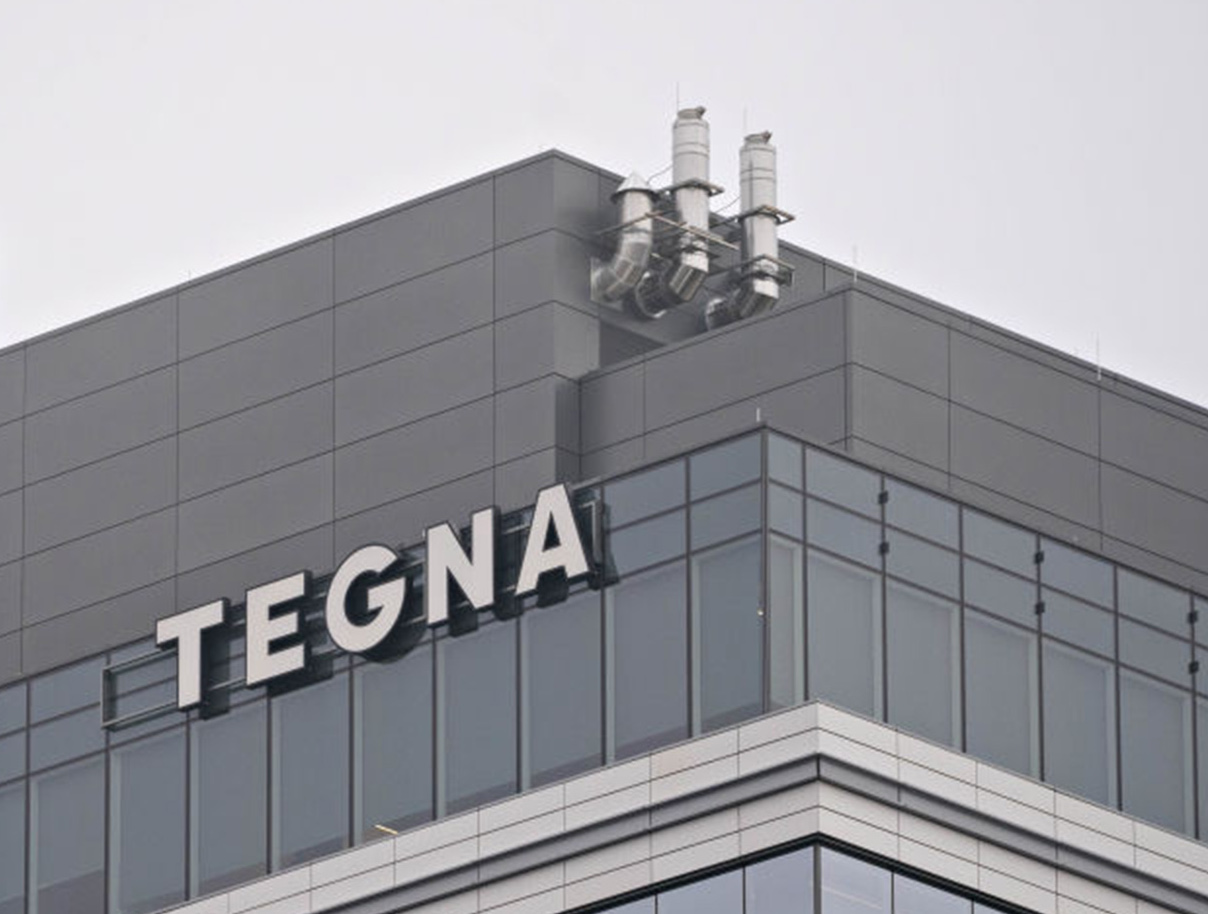RF Used to Treat Brain Cancer
In the past, I've reported on studies concerning the effect of radio frequency energy on the brain. While most showed no statistical evidence of harm, a few did show an impact on brain cells and one showed a negative impact on long-term memory.
Some new information on RF energy and the brain has been released recently. This medical research deals with intermediate frequency electrical fields called Tumor-Treating Fields. The researchers at the Department of Biomedical Engineering, NovoCure Ltd., in Haifa, Israel found that "low-intensity, intermediate frequency (100-300 kHz), alternating electric fields, delivered by means of insulated electrodes" had a "profound inhibitory effect on the growth rate of a variety of human and rodent tumor cell lines." The fields arrested cell proliferation and destroyed cells undergoing division.
Both effects, according to "Disruption of Cancer Cell Replication by Alternating Electric Fields," "are consistent with the computed directional forces exerted by these specific fields on charges and dipoles within the dividing cells." The effect is nonthermal and selectively affects dividing cells while leaving quiescent cells intact.
For readers concerned about higher frequencies, the study found, as expected, that at frequencies of many megahertz, tissue heating is the dominant effect. The impact of tissue heating is considered in current regulations on RF power density. This technique involves much lower levels (0.2 v/cm) at 100-300 kHz that induce specific inhibitory effects on dividing cells.
The research showed, through testing on mice, that TTFields "cause a significant reduction in tumor growth rate without any significant side effects." Tests on humans showed that patients treated with TTFields had a median length of time to disease progression of 26.1 weeks and progression-free survival at six months was 50 percent. While this may not sound like much, it was more than double the rates reported in historical data--9.5 weeks to disease progression and progression-free survival rates at six months at only 15.3 percent.
For more information, see the paper Disruption of Cancer Cell Replication by Alternating Electric Fields by Eilon D. Kirson, Zoya Gurvich, Rosa Schneiderman, Erez Dekel, Aviran Itzhaki Yoram Wasserman, Rachel Schatzberger and Yoram Palti.
The professional video industry's #1 source for news, trends and product and tech information. Sign up below.
